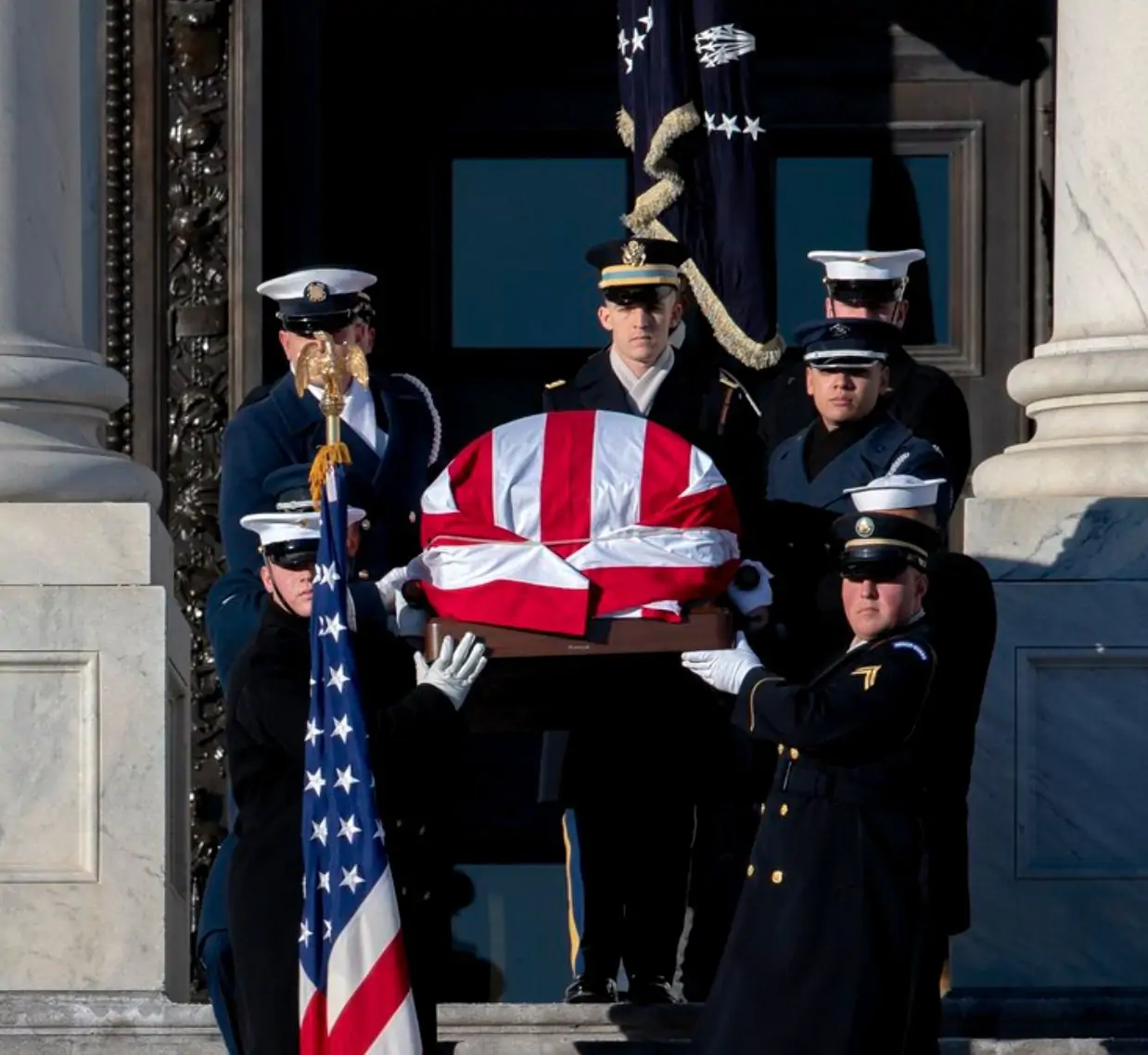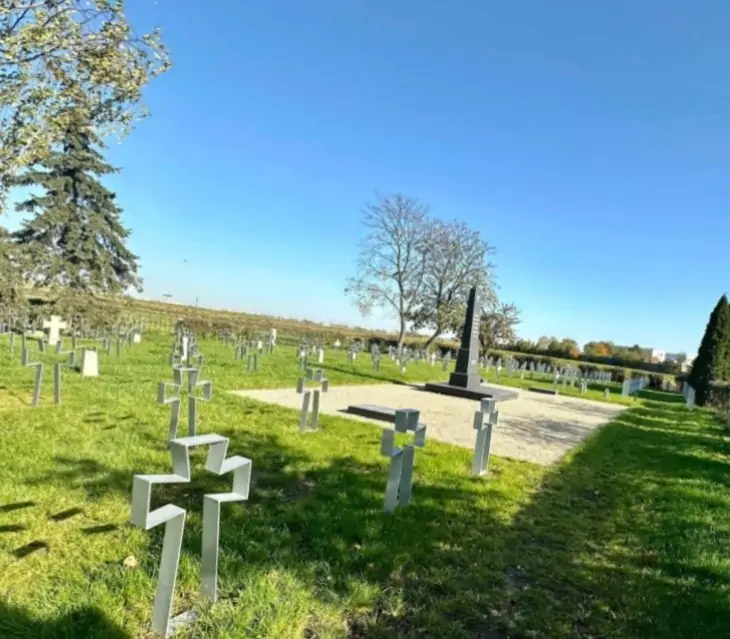In Poltava, the Grave of Ukrainian Composer Hryhorii Davydovskyi Has Been Found
At the Monastery Cemetery in Poltava, researchers have discovered the grave of the prominent Ukrainian composer and Honored Artist of the Ukrainian SSR, Hryhorii Davydovskyi (1866–1952). For more than half a century, it was considered lost, since after the 1970s no one had cared for it.
The Creator of Ukrainian Choral Masterpieces
Hryhorii Davydovskyi gained recognition even before the Bolshevik coup of 1917. He composed large choral suites — “Bandura” and “Kobza” — based on Ukrainian folk songs. Later, he wrote the musical poem “Ukraine” to the verses of Taras Shevchenko.
Another important part of his legacy consists of his numerous sacred works, which are still performed today in Orthodox churches not only in Ukraine, but also far beyond its borders.
The Final Years in Poltava
In 1945, the 80-year-old Davydovskyi was invited to Poltava to establish and lead the regional philharmonic choir. He fulfilled this mission but soon withdrew from active work. In 1952, at the age of 85, he passed away. He was buried by his colleagues from the Philharmonic and close relatives.
The gravestone preserved an inscription that the monument was erected by his wife, Hanna — a much younger musician and choirmaster, with whom the composer long concealed his marriage. After her death in the 1970s, there was no one left to take care of the grave.
How the Grave Was Found
Over time, the monument toppled face down, and the fence around it collapsed. It seemed that the burial place was lost forever.
However, researchers and volunteers managed to rediscover the obelisk.
On June 12, they joined efforts to raise and clean the gravestone, confirming that it indeed belonged to Hryhorii Davydovskyi.
The Future of the Memorial
Now the burial site is once again open to visitors — its coordinates are marked on Google Maps. Researchers and caring citizens plan to restore the monument and return it to a dignified state.
“If anyone has constructive suggestions and the desire to help, we are always open to cooperation,” the participants of the initiative noted.
The story of rediscovering the grave of Hryhorii Davydovskyi reminds us that memory can be lost, but through joint efforts — it can be revived.
At RIPLISTER, we work every day to ensure that burial sites, as well as the memory of our loved ones, are preserved and made accessible for future generations.








